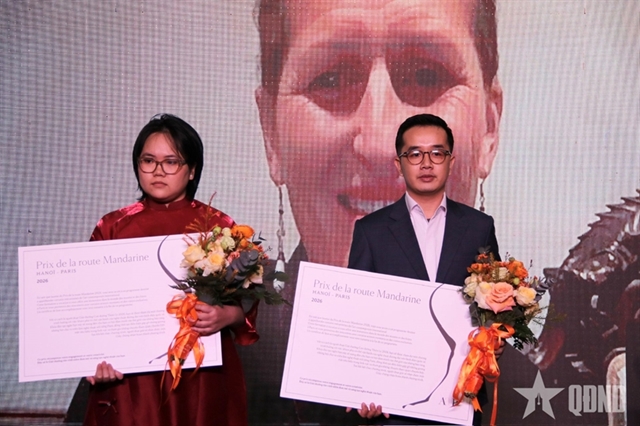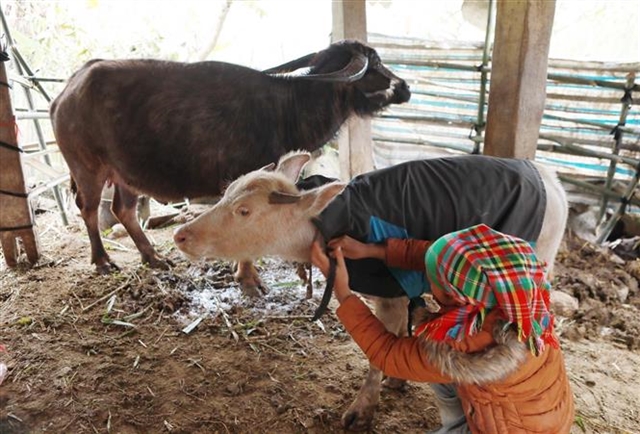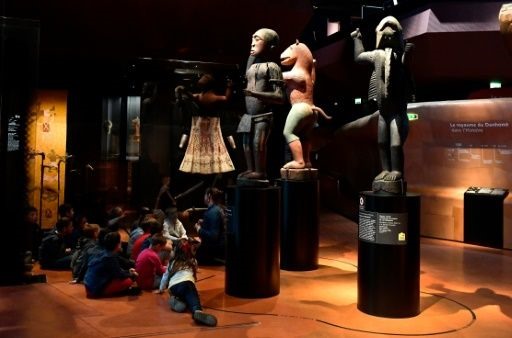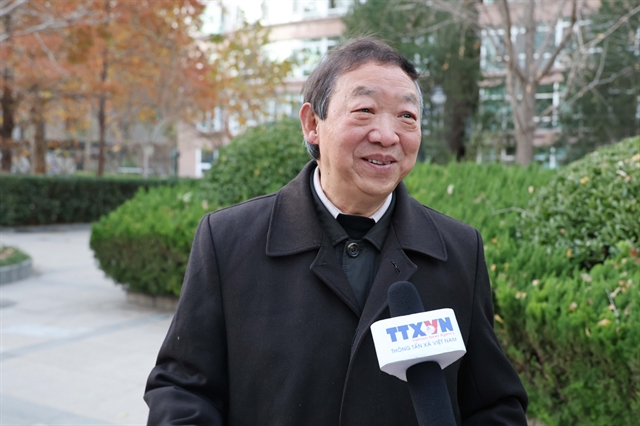 Life & Style
Life & Style

Ivory Coast said Wednesday it had drawn up a list of 148 works of art taken during the colonial period that it wants France to return.
 |
| African treasures: The royal statues of the Kingdom of Dahomey -- modern-day Benin -- on display at the Quai Branly Museum-Jacques Chirac in Paris. — AFP Photo |
ABIDJAN — Ivory Coast said Wednesday it had drawn up a list of 148 works of art taken during the colonial period that it wants France to return.
Last month, the west African state joined Senegal and Benin in lobbying France, their former colonial power, to hand back cultural treasures.
Ivorian Culture Minister Maurice Bandaman told a press conference: "We have compiled a list of 148 works. In 2019, all or part of it will be returned."
Bandaman refused to give details about the list, other than to say that one of the items was a beloved "talking drum" called the Djidji Ayokwe, which is in the Quai Branly-Jacques Chirac Museum in Paris.
The drum was "hauled away, confiscated, captured" by the French because its "voice (had) mobilised the Akan people" against the colonial troops, he said.
The request follows a landmark speech by French President Emmanuel Macron during a visit to Burkina Faso in November 2017.
Last month, Macron’s office said France would hand over to Benin 26 works of art plundered by troops in 1892.
Senegal then called on France to return all works of art taken from the country, and Ivory Coast said that in a first step it would seek the return of "about a hundred" items.
Bandaman, at Wednesday’s press conference, said tens of thousands of Ivorian artefacts were in foreign museums.
They included more than 4,000 in the Quai Branly and the Met in New York and more than 3,000 in the Rietberg Museum in Switzerland.
"At least 50 museums around the world have Ivorian works, and this does not include private collections," Bandaman said.
‘Ecosystem’
The minister defended a slow-track approach to the return of the artefacts.
Ivory Coast would have "nowhere to put them" if the treasures were suddenly handed back in large numbers, he said.
"We have to be realistic," he said. "We have to create an ecosystem that can host these works."
Ivory Coast, he said, was building an "international-class museum" in the Treichville suburb of the capital Abidjan that would open in 2022-2023, and 12 cultural centres, including museums, would be built around the country.
In addition to these, a private museum of African art is being built in Abobo, also in the Abidjan area.
Returned artworks should be "put on display," generate income and "circulate," he said.
Macron’s initiative has generated goodwill in African countries incensed by the loss of treasures, but it also has stirred concern in France.
A report by French experts urging the return of artworks calls for changes to laws that forbid the government from ceding state property, even in well-documented cases of pillaging.
But the head of the Quai Branly, Stephane Martin, said the report had recklessly thrown open the door to "complete maximalist restitution".
It tainted "everything that was collected and bought during the colonial period with the impurity of colonial crime," he said.
Many items had not been plundered – they were gathered during scientific expeditions or bought by individuals during the colonial era or had been given as gifts, he said.
Macron has called on other European countries to consider their position on the issue, including Belgium, Britain and Germany, which also have huge collections of African artefacts.
Bandaman, who was flanked by a French cultural official, stressed that meetings with the French over the return of the artefacts had fostered a "non-conflictual relationship". — AFP




